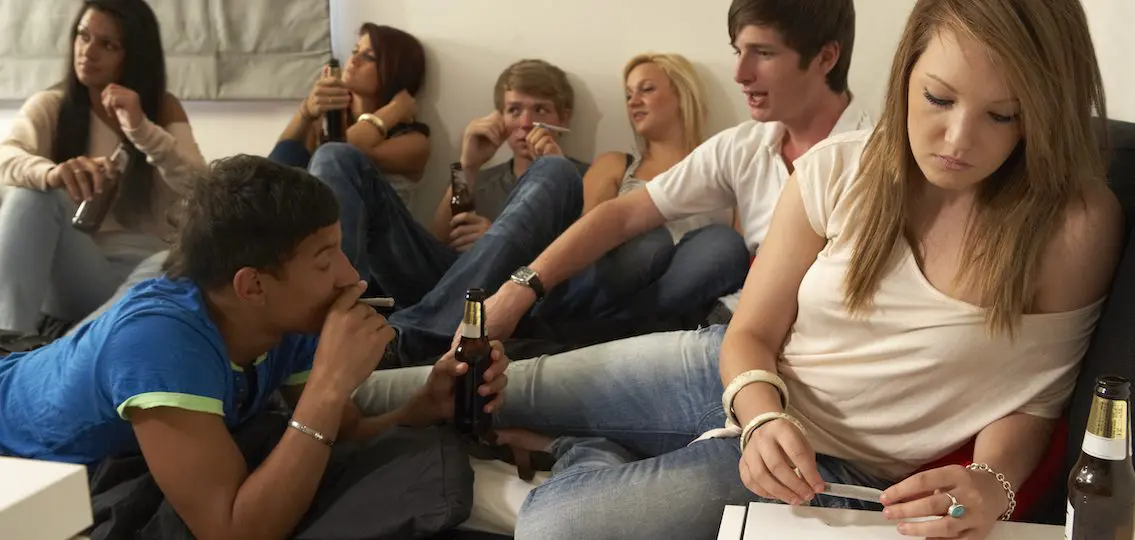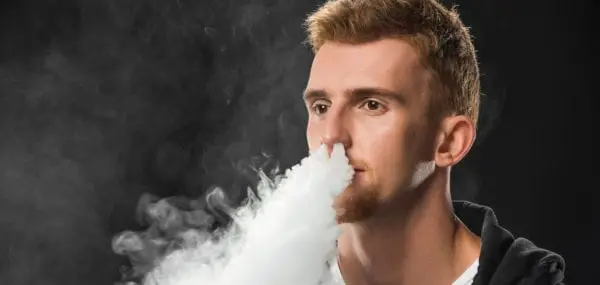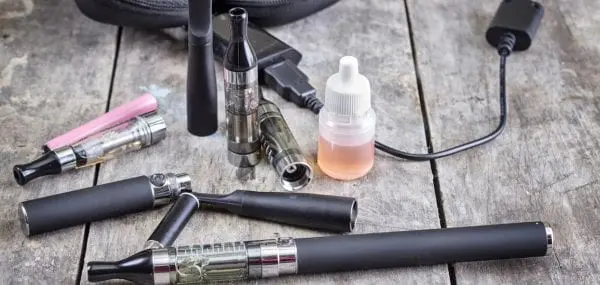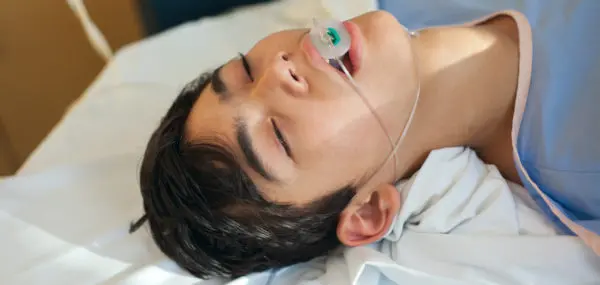In his 25 years as an ER physician at a Level 1 trauma center, Dr. Louis Profeta has had to deliver the worst news imaginable to countless parents of teens. In part two of his interview with Your Teen, he gives us some advice on how to talk to our teens about drug and alcohol use. (Hint: you’re probably going about it the wrong way.) He also shares some much-needed advice for making sure our kids will be mature enough to handle life away from us at college.
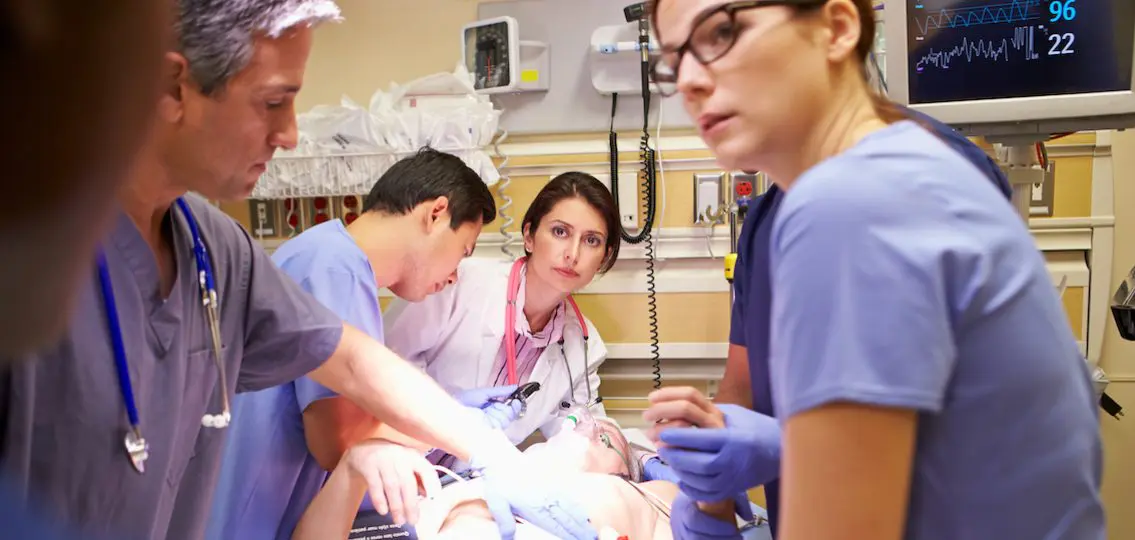
Q: I’m sure it’s hard to surprise you now, but when you talk to high school and college-aged kids, what questions have surprised you the most?
Dr. Profeta: Well, I think that their knowledge in terms of drugs is scary. How much they really know out there. When I was at a private prep school, for example, I made a joke during the parents’ conference that involved marijuana, sort of a cultural reference to marijuana, because one of the mothers said, “This is a different type of school. Our kids are all athletes. They’re students. They don’t do this stuff. They really aren’t exposed to these kind of stuff.” I just sort of nodded my head. I said, “Yeah, sure.”
And then in the course of the discussion, I made a joke. Nobody said anything. I looked around the room. I said, “How come you guys aren’t laughing?” They said, “Laughing at what?” I said, “The joke I just made about the movie that I told them to go watch if they’re smoking pot. How come none of you are laughing?” They said, “What’s the joke?” I said, “Tomorrow when I say that joke in the convocation of your 500 students, the entire audience is going to break out laughing. I’m going to show you how much these kids really understand about marijuana.” And sure enough, I did that. And the counselors went, “Oh my God,” because the entire place just broke out laughing. I said, “That’s how you can tell who’s smoking pot.”
Q: I was and am that naive mother.
Profeta: Parents bring their kids into the ER and I’ll say, “He’s using drugs.” They’ll say, “What are you talking about?” I’ll just tell the kid, “Listen, we’re busy. Just tell her, okay, so I don’t have to test you?”
Q: Really?
Profeta: He goes, “Yeah, I’m … Yeah. Yeah.” And I say, “There, okay now go home.” Well, I’m surprised about how naive we are as parents. I mean they’re all smoking pot.
Q: That’s what we hear.
Profeta: So now, the question is how do you escort them through that environment? Accept that that horse is out of the barn, it’s not going back in. How do you make them responsible?
I think that you have to change the argument. The discussion is about how marijuana affects neuropsychiatric development in young people. Adolescents should not be smoking pot. It increases mental illness. It increases depression. And when that happens, what do they do? They turn to other drugs and alcohol.
So marijuana is a gateway drug in some ways. And it decreases motivation, decreases the productivity that they need to learn, end of story. And you have to address it from that standpoint. If you tell them it’s dangerous, it’s not going to resonate. But if you tell them it’s not going to open doors for them, they probably won’t be as successful, and a whole lot of other issues, that resonates a little bit. They can see that.
Q: But I don’t know if they know enough people in their lives—they know too many people who smoke and do well—so I don’t know that they’ll believe.
Profeta: You can always come back with, “Nobody has ever said, ‘Boy, I wish I smoked more marijuana in my life.’” I’ve never met one person that said, “Oh, I’m so glad that I took up cocaine. I’m so glad that I started meth. I’m so glad that I tried heroin.” Those words would never come out of anybody’s mouth.
Q: Give me a parting message you want to tell parents about what’s going on right now and maybe what you did as a parent or what you would advise parents to do in response to what’s going on right now.
Profeta: First, what I want you to do is read the article I wrote called “I’ll look at your Facebook profile before I tell your mother you’re dead.” The reason I tell you to do that is parents need to start with a dialogue with their kids about what their world will look like with their death. And that this is what love is. We have got to teach our kids first what it really means to love. Parents need to be making their kids aware that they are the center of their universe and that nothing matters if they’re not healthy.
We have to have honest discussions with them and say, “Listen, I know that kids smoke pot. I know that you probably smoke or drink, but you have to do some things for me or I will never recover.” And talk to them about responsible drinking, about drinking and driving in college, texting and driving, all these issues that put them at risk of death and disability.
We cannot send these kids off to college, emotionally immature. Quit making it a contest between you and everybody else on Facebook. It’s your kid. You only have one kid. It’s not a contest. Every kid is different. Every kid matures differently. Aptitude and grades are not a sign of maturity. It’s not a sign of street smarts.
There are a lot of very evil people out there, a lot of very bad people. They’re my patients too. I take care of them. And your kids have got to be able to handle themselves and live in a world with those people when they’re away from you. If you don’t think they can, that kid has no business going off to college. Put them in the workforce for a year.
Q: Can you give an example? Because I hear that, and I think, “Ah, who are the evil people my kid’s going to meet?”
Profeta: One out of 25 people, according to the Diagnostic Statistical Manual for Mental Illness, is a sociopath. That means that they’re devoid of the ability to be compassionate or empathetic or anything like that. And guess what? Those people are in college too. Those people have borderline personality disorders. Significant mental health problems start to manifest between 18 and 22. Those people tend to latch on to people who are less secure in themselves. They can lead them down a path of self-destruction. They will lead your kid o the cliff. They’re looking for your kid.
I always make a comment about the fact that your house doesn’t get robbed because you leave your door unlocked. It gets robbed because there are people looking for houses with unlocked doors. An emotionally insecure kid is ripe to be taken advantage of by people who have significant underlying sociopathic and mental health problems. They’re looking for your kid.
Q: So what did you do as a parent of teenagers to bolster them and strengthen them so that they could avoid the situations that you’re worried about?
Profeta: Well, my kids made mistakes too. They never got in huge trouble. They’re not the greatest students in the world. When our oldest got cancer, for example, we were in Sloan Kettering in New York City for seven months with him. He got sick while he was in college. We had a 17-year-old as a junior in high school here in Indianapolis. He stayed home for seven months by himself and took care of the house, fed himself, did the laundry, shopped, cut the lawn, everything. There’s not a lot of kids that can do that.
You can’t run interference for your kids. You need to stop. You need to let them fail. You need to let them sort of crash on their own, manipulate themselves. Quit doing so much for them, and they’ll find their way.
I stopped running interference for my kids a long time ago. When they got in trouble, it was their problem. I was there to love them and listen to them and offer some guidance, but they had to work out their own issues. We have to make them self-sufficient.
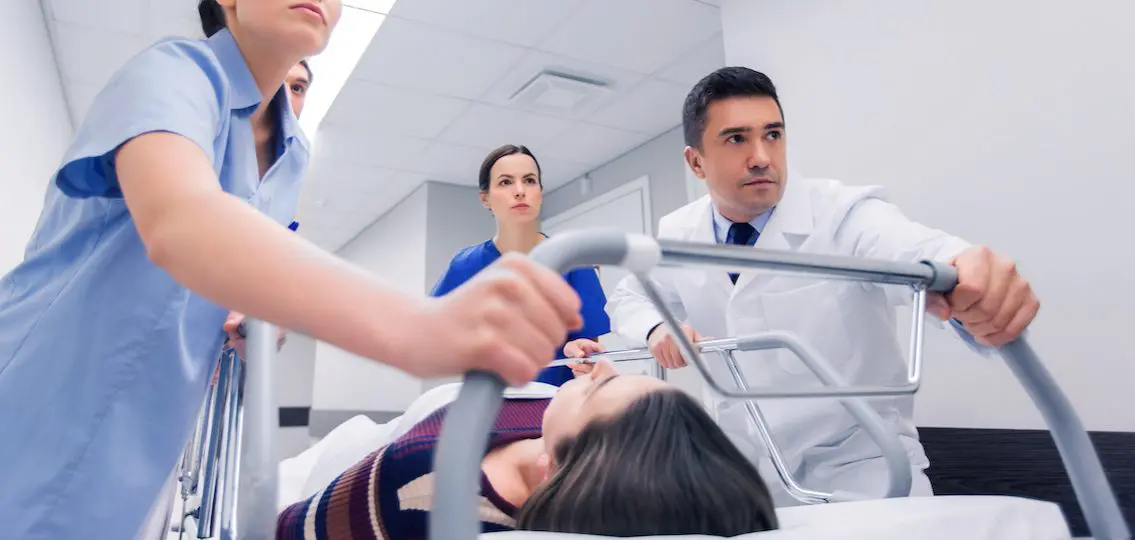
Q: So you think a kid going to college who has managed their own life in high school is better equipped to navigate?
Profeta: Absolutely.
